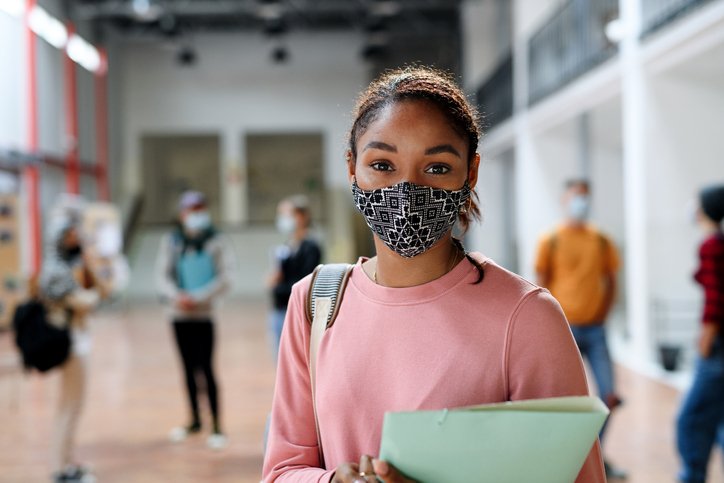Technology is insufficient to educate young people in a post-pandemic world. An intersection between sciences and humanities is needed for innovation to occur.
Two years after the pandemic, the conditions imposed by this health crisis have led the educational sector to evolve rapidly. We saw the rise of bubble schools, hybrid education, and fully online education. The pandemic’s social, emotional, and psychological impact on teachers, students, and professionals was noticeable. From the widespread burnout of teachers, which led to the female work exodus and affected the emotional health of students, the macro-level ramifications of the pandemic continue to unfold and will be the subject of study for decades to come.
More than a marked and definitive end of COVID-19 worldwide, more likely, the current talk of endemic will prove to be true. This means that the virus will continue to circulate in the same way that influenza or SARS does. However, the level of contagion will be manageable, and we should not see a continuation of extreme measures, such as confinement.
With this concept of new normality, questions arise about how to approach education. We will discuss this in our next webinar on January 25, 2022, at 16:00 hours (Mexico City time). This new installment entitled “Improvements in Post-Pandemic Education” will discuss improving educational practices within this new normal. We will be accompanied by Dr. Claudia Camacho Zuñiga, IEC at the Toluca Campus of Tec de Monterrey. The professor has made a career as social science teacher-oriented toward research, innovation, and transformation of higher education. She holds a Ph.D. in Materials Science from UAEMex. She has dedicated her efforts to teaching about applying mathematics and physics in the training of students for professional life and becoming ethical citizens.
An approach that balances the scientific method with a humanistic perspective is instrumental in developing educational strategies that measure and bring understanding to the pandemic’s impact on the teacher community and students. Dr. Camacho has had experience developing educational projects where the exact sciences intersect with the humanities and ethics.
Together with Professor Maritza Peña, she carried out the Building Citizens Through Science program, which aimed to increase the ethical civic competencies of students through exercising scientific knowledge in social areas, such as the environment, public safety, road accidents, and quality of life. Thanks to such projects, Camacho is familiar with teaching physics and mathematics to raise awareness among young people about real problems and help them understand their role in solving them. This skill is crucial to creating plans and resources that lead us to new post-pandemic learning.[
When considering educational innovation, technology is not the only ingredient, Camacho argues, nor are the numbers. Although poverty can be expressed in figures, understanding these numbers needs the human context to be understood integrally. Understanding the how and why of the situation is a collective problem requiring collaboration in the post-pandemic world.
If you want to know more about how technology, innovation, physics, and mathematics can be practically applied to develop new educational proposals and are interested in the ethical training of students, do not miss our next webinar on Tuesday, January 25 at 16:00 hours (Mexico City time). To maximize the opportunity for dialogue, thoroughly resolve your questions, or if you cannot attend the event, send your questions or requests in advance by accessing this form. The webinar will be broadcast in Spanish.
What are your impressions of how educational practices have changed in the past two years? What has been your experience as a teacher regarding class planning, the online teaching modality, the workload, and other aspects of the pandemic? Let us know in the comments!
Translation by Daniel Wetta
This article from Observatory of the Institute for the Future of Education may be shared under the terms of the license CC BY-NC-SA 4.0 
)
)


)